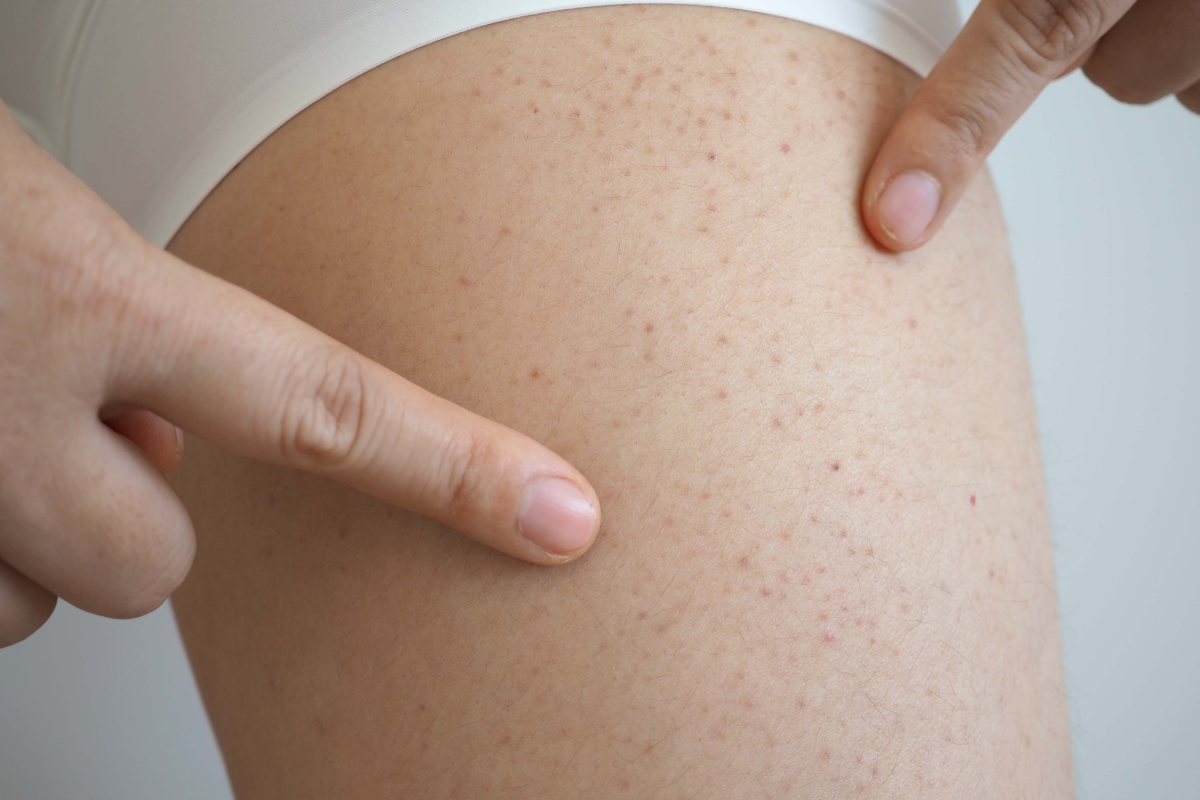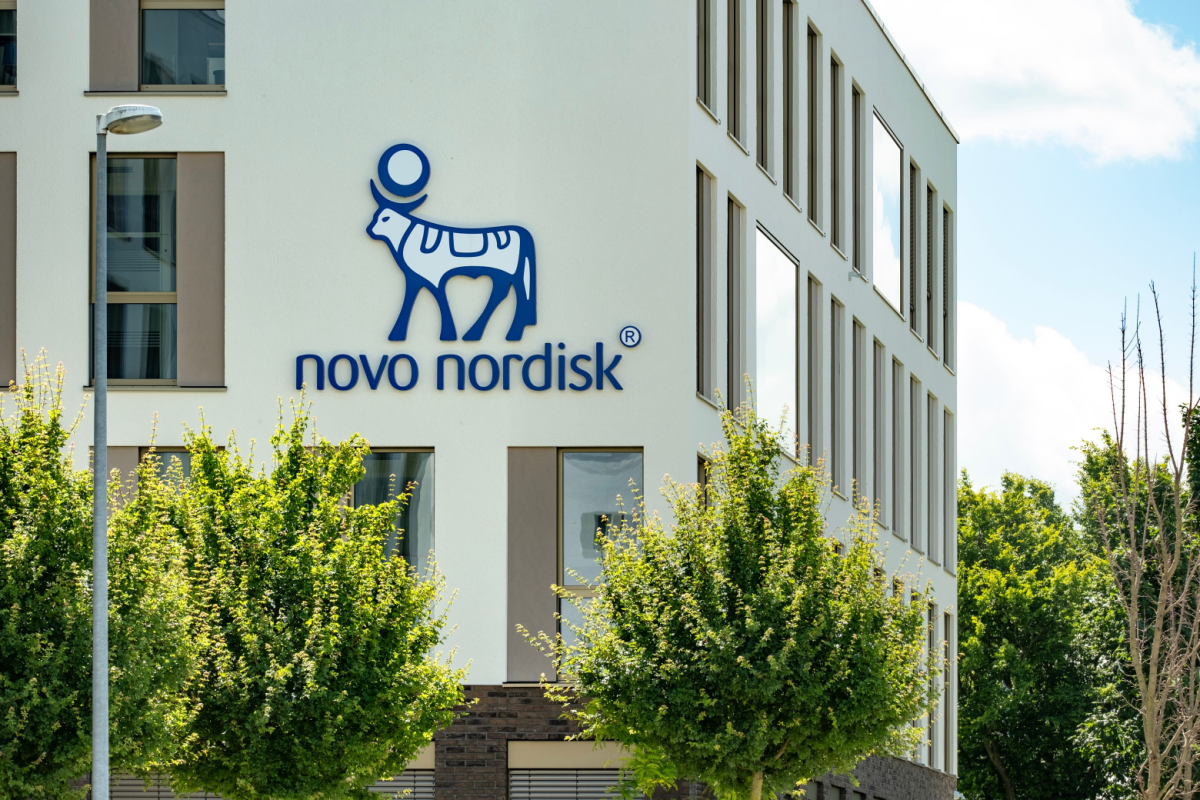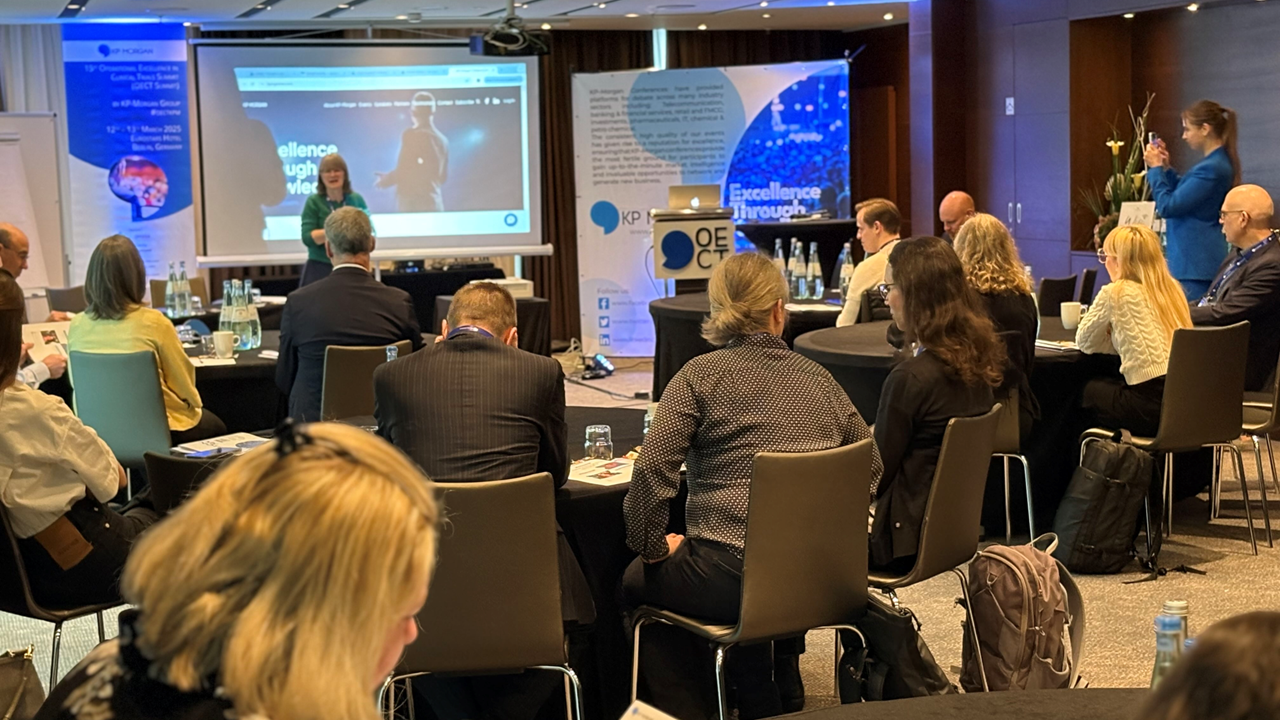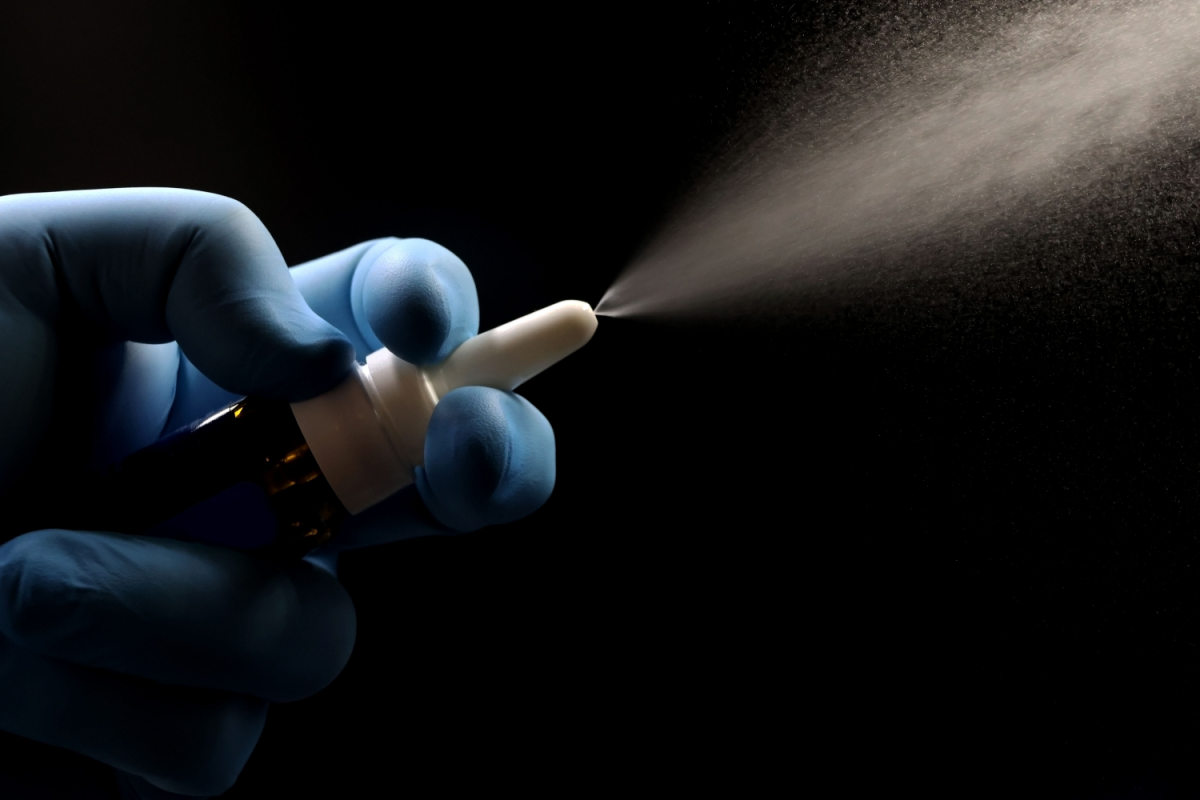The US Food and Drug Administration (FDA) approved the first drug aimed at people with peanut allergies on January 31. The drug is called Palforzia and it is used to mitigate allergic reactions when a person is accidentally exposed to peanuts.
The drug may be used in people aged four to 17 years of age. Those who do have peanut allergies must still avoid peanuts in their diet, but this drug is used in case of an accidental encounter.
“Even with strict avoidance, inadvertent exposures can and do occur. When used in conjunction with peanut avoidance, Palforzia provides an FDA-approved treatment option to help reduce the risk of these allergic reactions in children with peanut allergy,” said Dr. Peter Marks, director of the FDA’s Center for Biologics Evaluation and Research.
According to Mayo Clinic, a peanut allergy is one of the most common causes of severe allergy attacks which can be life-threatening. Peanut allergy symptoms can include, runny nose, skin reactions, itching and tingling around the mouth, tightening of the throat, and shortness of breath. Peanuts are the most common cause of food-induced anaphylaxis. This is a medical condition that that requires immediate medical attention and is usually treated with an epinephrine injector and in serious situations a visit to the emergency room.
“Peanut allergy affects approximately one million children in the US and only one out of five of these children will outgrow their allergy. Because there is no cure, allergic individuals must strictly avoid exposure to prevent severe and potentially life-threatening reactions,” said Marks.
Palforzia is a purified peanut powder that is designed to gradually let the immune system recognize peanuts as non-threatening agents. The treatment plan consists of three phases: initial dose escalation, up-dosing and maintenance.
Related: Peanut Allergy Drug Meets Primary Endpoint in Phase III Clinical Trial
According to the FDA, “the initial dose escalation phase is given on a single day. The up-dosing phase consists of 11 increasing dose levels and occurs over several months. Initial dose escalation, and the first dose of each up-dosing level, are administered under the supervision of a healthcare professional in a healthcare setting with the ability to manage potentially severe allergic reactions, including anaphylaxis.
“During Up-Dosing, if the patient tolerates the first dose of an increased dose level, the patient may continue that dose level daily at home. After a patient completes all Up-Dosing levels, they may begin the daily maintenance dose. Patients who experience certain allergic reactions due to Palforzia may need to discontinue treatment or have their dosing schedule modified.”
The drug is made by biopharmaceutical company Aimmune Therapeutics which is based in Brisbane, California. This drug could help many children with severe peanut allergies, preventing them from experiencing life-threatening reactions to accidental peanut exposure.












Join or login to leave a comment
JOIN LOGIN